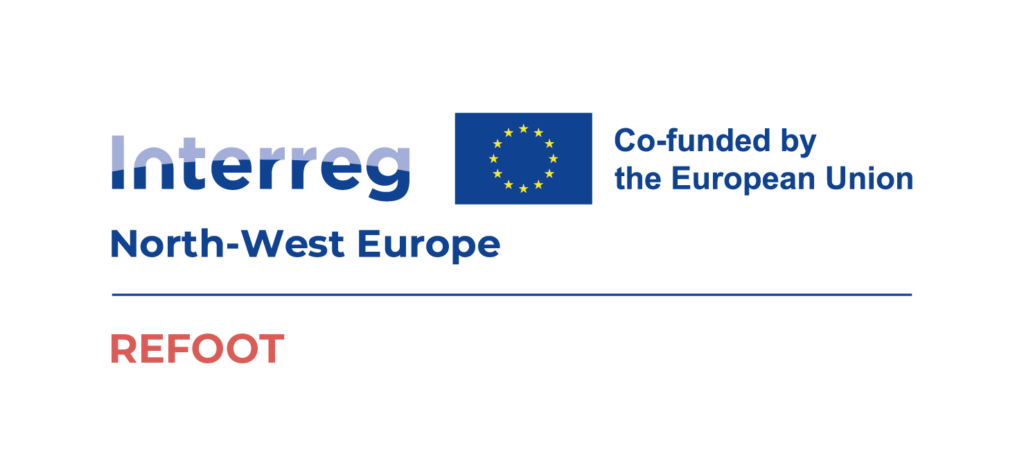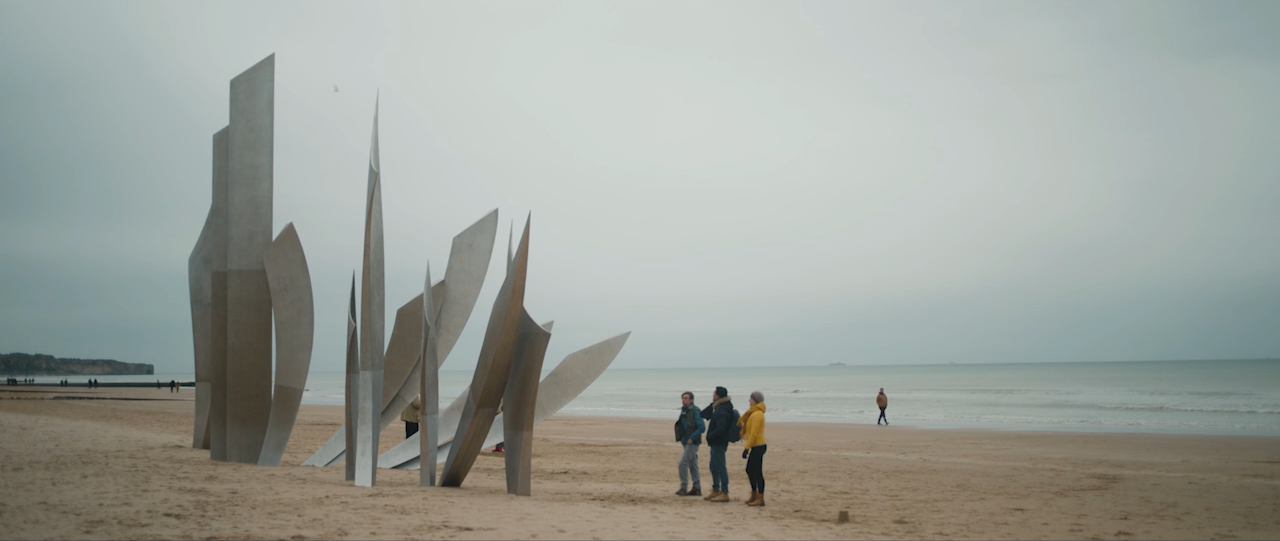Earlier this Spring, the LRE Foundation and several project partners met in Knokke-Heist, Belgium, to kick-off a new extended section of the Canadian Trails project. This initiative (REFOOT) is supported by funding from the Interreg North-West Europe programme and aims to create a transnational hiking trail that follows the path of Canadian soldiers who helped liberate Western Europe during World War II. The project expands upon existing efforts in the Netherlands and extends the trail from Normandy to Germany as part of the Liberation Route Europe.
The LRE Foundation is working alongside international project partners: LRE France, the Juno Beach Centre (France), and the For Freedom Museum (Belgium). Additionally, associated partners include the Juno Beach Centre Association (Canada), the French Hiking Federation, European Ramblers Association (Germany), and Stichting Wandelnet (Netherlands).
The significance of the project lies in its dedication to preserving the memory of WWII, particularly Canada’s often overlooked role in Europe’s liberation. The new section of the Canadian Trails aims to weave together the narrative of Canadian soldiers’ journey from France to Germany via Belgium and the Netherlands, fostering cultural understanding and remembrance along the way. The trail, once completed, will serve as a walkable link connecting various historical sites, museums, and cities.
During the kick-off meeting, the partners discussed the project development stages, shared responsibilities, and the next steps. Additionally, they had the opportunity to visit the inspiring For Freedom Museum in Knokke-Heist, one of the project partners, who also hosted the meeting in their hometown. In recent months, the partners have been working together to develop the first deliverables of the project, including the selection of historical sites and stories to include and the communication strategy and outputs.
Project Officer Emme Johnson, leading the project and kick-off meeting, said “Our project aims to create a unique and immersive experience that connects the past with the present, and strengthens the ties between Canada and Northwest Europe through shared history and cultural exchange. By combining historical content, Vectors of Memory, and sustainable tourism practices, we hope to make this project inspiring and rewarding.”
The team is excited to have had their first in-person meeting, to be followed by an online meeting at the end of June, and looks forward to a fruitful collaboration that will conclude in Spring 2025 with the launch of the new trails.

